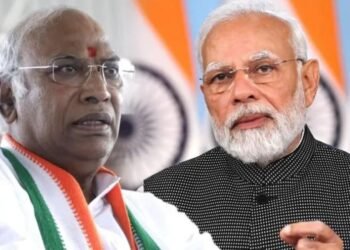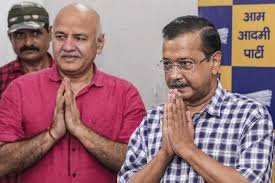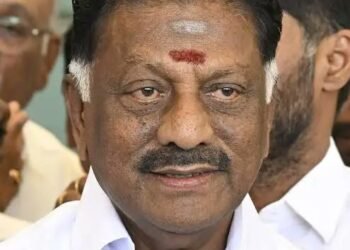On the sidelines of the BIMSTEC Summit in Bangkok today, Prime Minister Narendra Modi met with Muhammad Yunus, the chief advisor of Bangladesh’s interim government. National Security Advisor Ajit Doval and External Affairs Minister S. Jaishankar were also present.
The Prime Minister spoke with the head of Bangladesh on India’s concerns about minorities’ safety in the neighboring country. Additionally, he cautioned Dhaka against using “rhetoric that vitiates the environment” weeks after Indian officials strongly reacted to Yunus’ remarks regarding the Northeast.
“The Prime Minister reaffirmed India’s backing for a democratic, stable, peaceful, progressive, and inclusive Bangladesh. He emphasized that India is committed to a people-focused approach to the relationship and pointed out the long-term collaboration between the two nations that has provided concrete advantages to individuals in both countries. In this context, he reiterated to Professor Yunus India’s aspiration to build a positive and collaborative relationship with Bangladesh grounded in pragmatism,” Foreign Secretary Vikram Misri told the press afterward.
ALSO READ: Ghost-writer to a National Star: Celebrating the legacy of ‘Bharat Kumar’
“The Prime Minister additionally emphasized that any rhetoric that vitiates the environment’ should be avoided. Rigorous application of the law and deterrence of unlawful border crossings, particularly during nighttime, is essential for upholding border security and stability,” Misri stated.
The Foreign Secretary stated that Prime Minister Modi emphasized India’s worries regarding the safety and protection of minorities in Bangladesh, particularly Hindus, and conveyed his hopes that the Bangladeshi government would guarantee their security. The Prime Minister also called for a comprehensive inquiry into all incidents of atrocities, he stated.
This was the initial meeting between the two leaders since Mr. Yunus assumed control of Bangladesh after the removal of the Sheikh Hasina government in August of the previous year. The meeting holds importance as Dhaka becomes increasingly close to Beijing, a situation that Delhi is observing carefully.
Relations between Delhi and Dhaka have soured dramatically since the ousting of the Sheikh Hasina-led Awami League government following a nationwide uprising and the establishment of an interim administration. The ex-Prime Minister escaped to India. In the months after the leadership shift, India voiced worries regarding reports of assaults on minorities in Bangladesh. Dhaka emphasized that “the minorities of Bangladesh are a concern for Bangladesh”.














